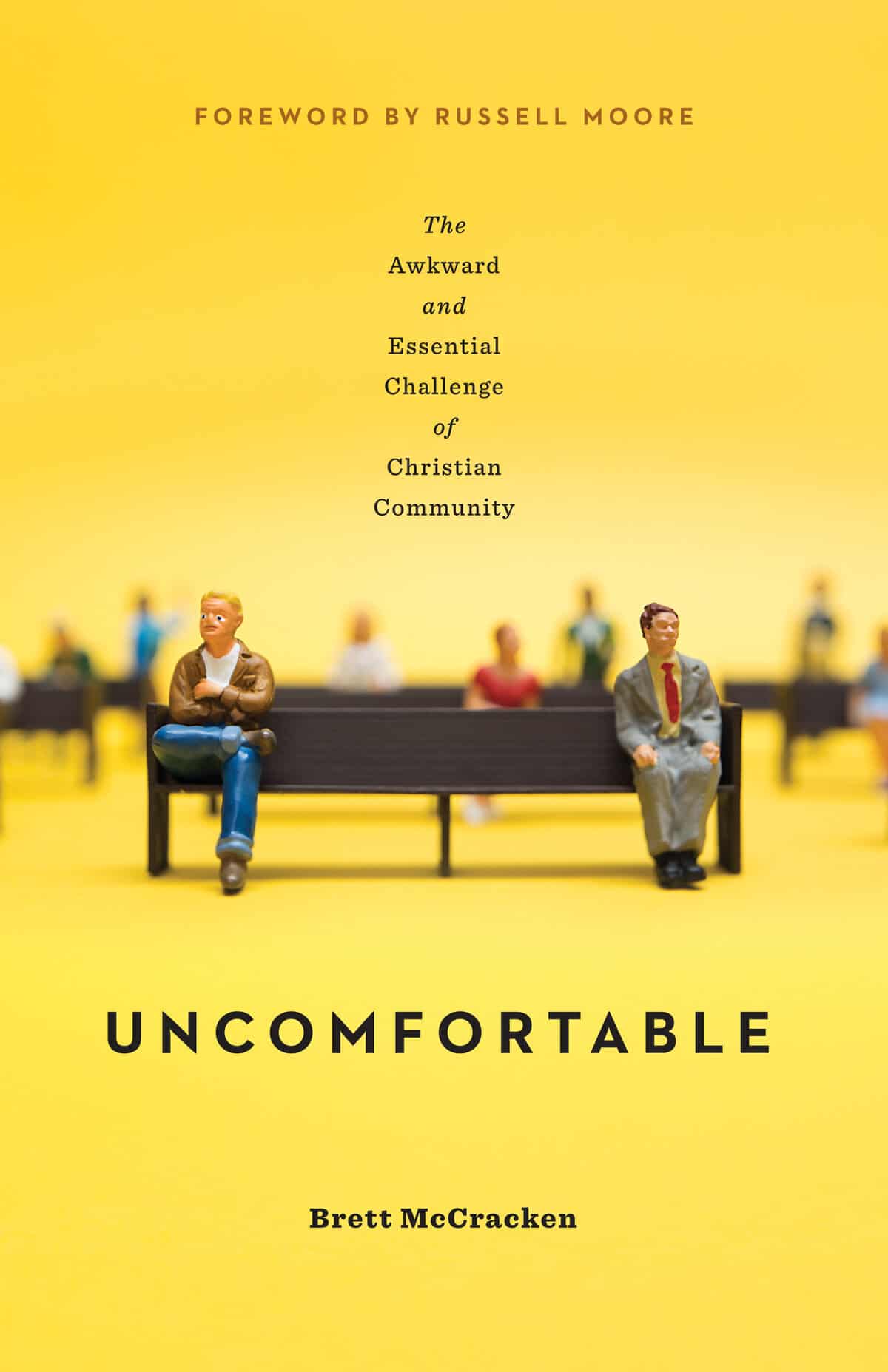
God doesn’t love us because we are lovable, or because we first loved him. He loves us even while we rebelliously undermine his rule and flee his righteousness.
Nor did God love and choose Israel because they added something valuable to his existence or because they were irresistible. “No explanation of his love for them could be given, except his love for them,” says John Stott. God’s love doesn’t wait for us to be deserving of it. It descends to us, writes Wells. “We could not make our way up to him, so he made his way down to us.”
What does this mean for the cruciform call of Christian love? It means we don’t love to get anything; we love to be obedient, because he first loved us (1 John 4:19). Love is not about earning, but it does require effort. Love calls us to action, to serve our neighbor (Mark 12:31), to wash our friends’ feet (John 13:1–7), to hang out with sinners (Luke 5:27–32). Love does. And this is costly.
One of the costliest requirements of Christlike love is Jesus’s call to “love your enemies and pray for those who persecute you” (Matthew 5:44). What does this look like for Christians in today’s world?
Perhaps it looks like Nadine Collier, whose mother, Ethel, was one of nine victims in the 2015 church massacre at Mother Emanuel AME Church in Charleston, South Carolina. Given the chance to address her mother’s killer, Collier choked back tears as she forgave him: “You took something very precious away from me. I will never get to talk to her ever again—but I forgive you, and have mercy on your soul. . . . If God forgives you, I forgive you.”
Maybe it looks like loving people even if it potentially brings us harm. In 2015–2017, there was much dialogue about whether or not Western countries should admit refugees from the Middle East. Could terrorists disguise themselves as refugees and infiltrate target nations within the “Trojan horse” of the massive flood of refugees? Fears like this led to Donald Trump’s infamous call to ban Muslims from entering the United States. But which reflects the character of Christ more: refusing to take in a Syrian refugee because we are concerned at the possibility that we could be harmed by such charity, or taking in the Syrian refugee out of sacrificial love that says, “You are welcome at my table even if it costs me something”?
Which reflects the character of Christ more: refusing to take in a Syrian refugee because we are concerned at the possibility that we could be harmed by such charity, or taking in the Syrian refugee out of sacrificial love that says, “You are welcome at my table even if it costs me something”?
Cruciform love is welcoming the immigrant simply because they bear the image of God, even if the only thing they bring to us is hassle and possible harm. Cruciform love is praying for those who persecute us, whether it be ISIS terrorists or political foes. Cruciform love is serving and protecting our gay and lesbian neighbors, combating racism and hateful speech of all sorts, and advocating for the image-of-God dignity of every human being. It is embracing the homeless person despite the smell, healing the wounds of a soldier even if he is unjustly arresting us (Luke 22:51), and loving those we disagree with, even if they don’t love us back.
Cruciform love means clothing the naked, feeding the hungry, welcoming the stranger, and ministering to the sick, the imprisoned, and the “least of these.” Cruciform love is the church financially supporting one another (1 Corinthians 16:1–4; 2 Corinthians 8–9; Galatians 2:10), even if it is costly. C. S. Lewis says we should give financially to the point that it means going without some comforts and luxuries: “I am afraid the only safe rule is to give more than we can spare. . . . There ought to be things we should like to do and cannot do because our charities expenditure excludes them.”
Love that is only convenient and conditional is not love. To love is to go out of your way, to be inconvenienced (like the Good Samaritan), to sacrifice for the sake of another.
Early Christians were characterized by this sort of love. They were known both for their love for one another and for their pagan neighbors. As one pagan emperor of Rome observed, it was Christians’ “benevolence to strangers” and the fact that “the impious Galileans support not only their own poor, but ours as well,” that explained the rise of Christianity.
May that be true in our generation as well. May our radical, sacrificial, stranger-focused love fan the flames of mission. May they “know we are Christians by our love,” as the song goes, not because we are great but because the Holy Spirit is at work within us. May it be as undeniable to the world as it is uncomfortable for us.
Taken from Uncomfortable: The Awkward and Essential Challenge of Christian Community by Brett McCracken, ©2017. Used by permission of Crossway, a publishing ministry of Good News Publishers, Wheaton, Il 60187.


